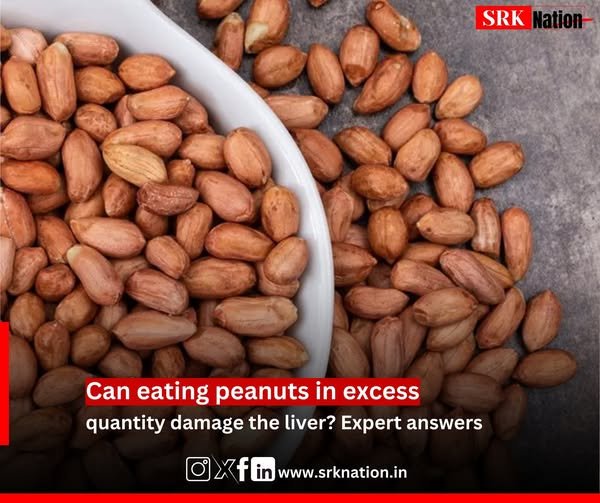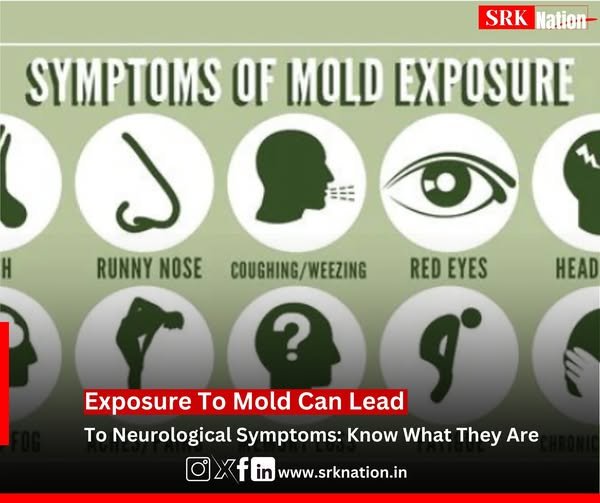For all those instant cravings, peanuts are our go-to snack. But did you know that just like any other food, excessive consumption of peanuts is not good for you? Nutritionist Pooja Palriwala took to Instagram to share that consuming excessive amounts of peanuts can harm the liver due to aflatoxin, a toxin produced by certain molds that can contaminate peanuts. “Aflatoxin exposure has been linked to liver damage and even liver cancer. It’s important to consume peanuts in moderation and ensure they are stored properly to minimise the risk of aflatoxin contamination,” said Palriwala.
We turned to our in-house experts to understand more about peanuts and their consumption and how it affects our liver.
Peanuts are a healthy convenient snack that is high in protein, fibre, and antioxidants that curb hunger. Despite being calorie-dense, experts suggest that peanuts can be beneficial for managing weight. The combination of protein, fibre, and healthy fats helps you feel fuller, which can help reduce unnecessary cravings.
In general, the consumption of peanuts is healthy as they contain lots of essential amino acids, vitamins like E, Riboflavin, B9, and lots of antioxidants and phenols. “They also contain fibre, mono and poly-unsaturated fatty acids, omega-3 fatty acids, minerals, and essential amino acids. These constituents help in keeping the liver healthy, fight NASH and NAFLD, and help prevent chronic liver disease in some,” said Dr Dilip Gude, senior consultant physician, Yashoda Hospitals, Hyderabad.
Rarely fungal growth/mould can grow on improperly stored peanuts which may lead to the production of aflatoxin known to cause irreversible liver damage.
Dr Gude said that as per Indian Council of Medical Research (ICMR)-Lucknow, 21 per cent of groundnut in India may contain aflatoxin and hence not fit for human consumption. “ICRISAT also suggested that levels of aflatoxin in Indian groundnut are 40 times more than permissible limits,” said Dr Gude.
According to him, one should minimise buying non-branded peanuts or buying in loose/unpackaged, and avoid those that are mouldy, shrivelled, discoloured etc to avoid aflatoxin exposure which in turn helps your liver health. “Roasting peanuts in the microwave and boiling adequately destroys/brings down aflatoxin exposure by 95 per cent,” said Dr Gude.

See insights
Boost a post
Like
Comment
Send
Share






